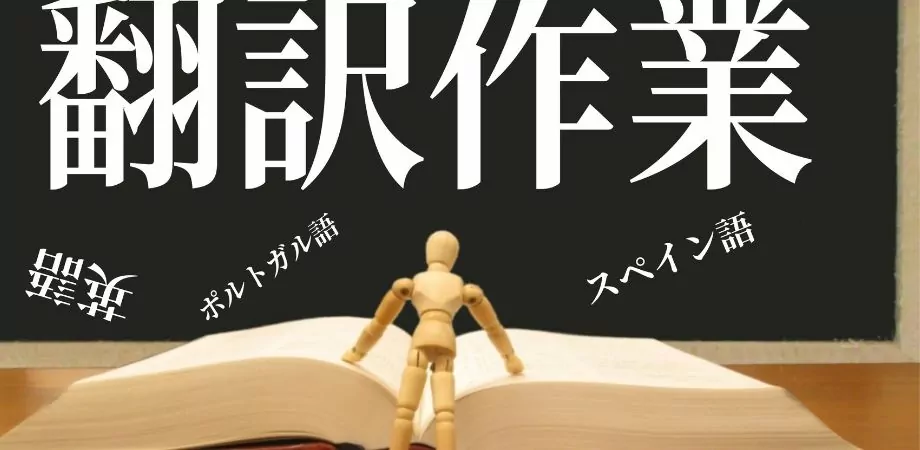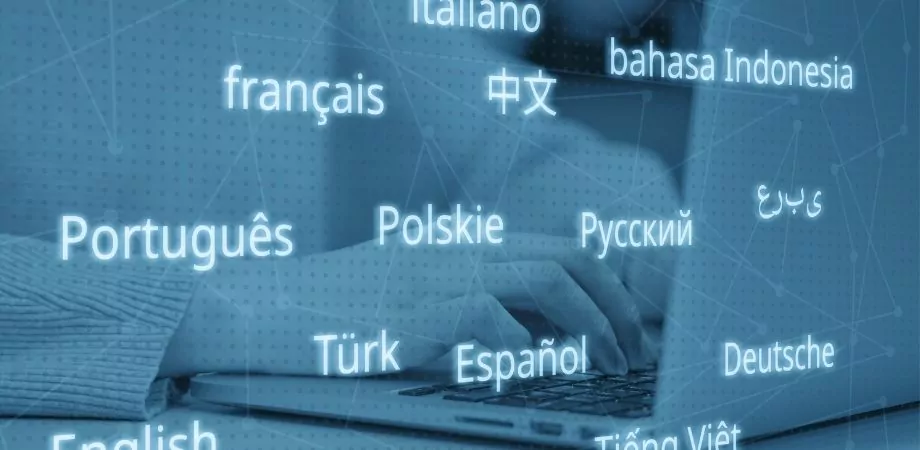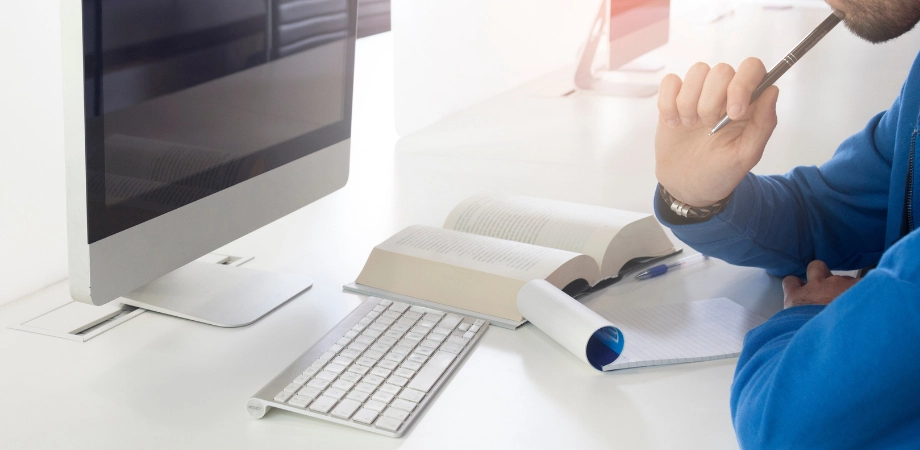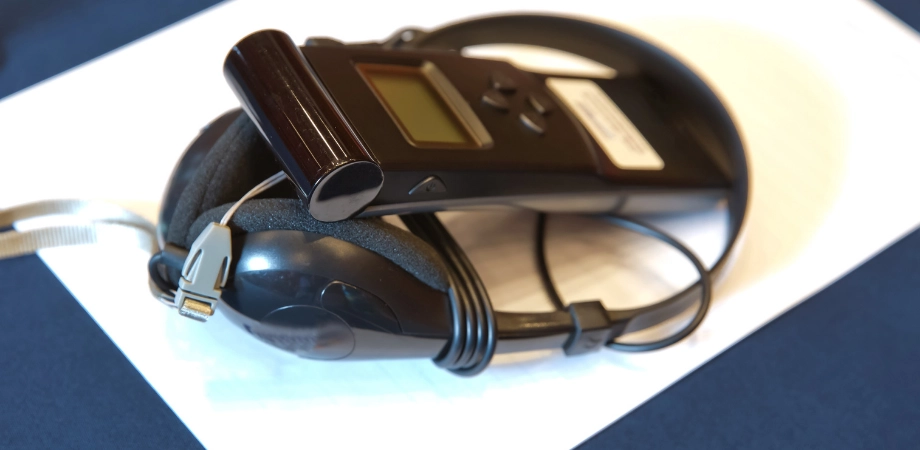In today’s interconnected world, global relationships have brought people from different corners of the world closer together. They are in constant communication on various topics such as technology, health, and the economy. Health services also play a significant role in this communication network, but language barriers pose a significant obstacle to the success of healthcare services.
Translation and translation services play a crucial role in bridging language barriers and facilitating the sharing of health-related knowledge. Medical translation is a highly specialized language service that involves translating texts and reports related to medical research and activities. Translating medical texts requires a high level of expertise and clear language to prevent misunderstandings, unlike other types of translation.
What is Medical Translation?
Medical translation, which is the process of transferring texts, visuals, and documents related to medicine from the source language to the target language, is used in the fields of pharmaceuticals, medical devices, and healthcare services. Medical texts can include patient records, health insurance policies, prescriptions, and research documents. Examining the medical histories of patients allows healthcare professionals to provide them with accurate advice and deliver the necessary treatment, playing a crucial role in their care. Additionally, in many countries around the world, it is essential to translate literature and labeling related to medical devices and medications into the national language.
The healthcare sector demands extreme sensitivity and accuracy since even minor errors can lead to misdiagnosis, incorrect treatment, and, ultimately, significant lawsuits and license revocations. Unlike other types of translation that primarily consider aspects such as expression, syntax, and context, this translation places a greater emphasis on medical knowledge, accuracy, expertise, and confidentiality.
Importance of Medical Translation
Medical translation plays a critical role in patient care and global healthcare. By breaking down language barriers, it enables effective communication and understanding between patients and healthcare providers, regardless of their native language. This is especially important in multicultural societies and regions with diverse populations. Accurate translation of medical documents, such as patient records, prescriptions, and medical research papers, ensures that vital healthcare information is accessible to everyone, regardless of language. It promotes inclusive healthcare services and facilitates accurate diagnosis, treatment, and care for patients worldwide.
In addition, medical translation helps bridge the gap between different healthcare systems and practices around the world. It allows medical research, findings, and advances to be shared globally, contributing to advancements in the field and fostering collaboration among healthcare professionals across borders. By ensuring that medical information is accurately translated, medical translation plays a critical role in the global exchange of knowledge and the improvement of healthcare outcomes on a global scale.
Types of Medical Translations
The healthcare industry encompasses a wide range of content, data, media, and documents that require various types of medical translation. While the list below highlights key areas, it’s important to recognize the vastness of the medical field and the potential for additional translation needs.
Patient Records Translation
Patient records, intake forms, symptoms, diagnoses, lab reports, prescriptions, and insurance information are all translated into another language in this critical translation service. It requires translators who are not only bilingual, but also have a deep understanding of medical terminology to ensure accuracy and avoid potentially dangerous misunderstandings.
Research Material Translation
Global research efforts in medicine produce studies, experiments, and findings that are shared through medical journals and scientific magazines. To disseminate this knowledge worldwide, certified medical translators play a vital role in breaking down language barriers, enabling research to reach a global audience and contribute to international healthcare advancements.
Translation of Administrative Documents
The smooth operation of healthcare facilities involves numerous administrative tasks, from managing health insurance and medical supplies to processing employee payroll and ensuring regulatory compliance. Translators who specialize in medical administration ensure that these documents are translated accurately, facilitating compliance and operational efficiency across borders.
Medical Labeling and Brochure Translation
Accuracy in medical labels and brochures is non-negotiable, as any misinformation can lead to serious health risks and legal repercussions. Expert medical translators ensure that information about medications, devices, and procedures is accurately translated to maintain the integrity and safety of healthcare products and services.
Training Material Translation
In our interconnected world, healthcare professionals, researchers, and students often participate in international collaborations and educational programs. Translating training materials, including webinars, lecture notes, videos, and meetings, into multiple languages enables knowledge sharing and learning across language barriers. This accessibility promotes global education and collaboration in the medical field.
By improving these translations, we ensure that medical knowledge and services are accessible and accurate, supporting global health initiatives and fostering international healthcare collaboration.
The Challenges in Medical Translation

To meet these challenges, translators must be knowledgeable about the subject matter and pay close attention to detail. Translating medical content can be challenging due to complex terminology, regulatory requirements, and the need for utmost accuracy.
Complex Terminology
Medical translation is challenging due to the complexity of medical terminology. Medical jargon, technical terms, and the specialized language that is specific to different fields of healthcare can be very complicated. Translators must have a deep understanding of medical concepts and terminology to ensure accurate translation. It is essential to accurately convey the intended meaning in the target language.
Regulatory Requirements
Medical translators must comply with regulatory requirements for translations to ensure patient safety, legal compliance, and industry standards. Accurate and compliant translations require adherence to translation standards and guidelines, reducing the risk of miscommunication or misinformation that could have serious implications for patient care and legal obligations.
Ensuring Accuracy
Medical translation presents a significant challenge in ensuring accuracy. To avoid errors and inaccuracies, precision and attention to detail are essential. Translators should employ rigorous proofreading practices and quality assurance processes to minimize the risk of mistakes. Accurate medical translation is crucial to ensure that medical information is conveyed correctly across languages. This allows healthcare professionals and patients to make informed and reliable decisions regarding diagnosis, treatment, and care.
Medical Translators Requirements
There are many factors that contribute to a successful medical translation. The following are the basic requirements that a medical translator should focus on:
1. Knowledge of Latin Language
Working with a translator who has received good education in Latin is always preferred since the medical language is based on Latin. In this translation, where the translated text should be as clear as possible, it is highly important to fully understand Latin medical terms.
2. Technical Medical Knowledge
Words commonly used in everyday life can have very different meanings in a medical text, which is why this translation requires extremely technical and precise medical knowledge. Medical texts often use numerous abbreviations and medical terminology, so it is crucial for the translator to be familiar with the necessary terminology.
3. Must know his Audience
It is important to know for what purpose and for whom a medical document is being translated. For instance, when translating a medication document, it is essential to determine whether it is intended for pharmacists or doctors, or if it is for commercial purposes. Knowing this information will tailor the translation language and customize it for different target audiences.
4. Avoid Ambiguity on the Target Language
A translator should aim to reduce ambiguity in medical texts by carefully selecting the appropriate meaning among different possibilities within the context. It is crucial to conduct a thorough review of the translation before delivery to prevent possible errors.
5. Knowledge of Laws and Regulations
This is especially important as some countries have strict regulations regarding drug approvals and medical procedures. Translators should possess the required knowledge of regulations and applicable laws. Even a minor detail can cause delays or rejection of drug approvals.
6. Real-Time Translation Capabilities
Medical interpretation is also necessary in oral situations, such as when a tourist requires emergency medical assistance while on vacation or when a doctor attending a conference in another country needs instant translation. The growing field of medical tourism has increased the demand for real-time medical interpretation.
7. Must avoid Machine Translation
Medical translation services require 100% human translation to ensure accurate and precise translation of specialized medical terminology. While machine translation may aid in understanding the main idea, it cannot accurately translate medical texts.
Medical texts do not require personal thoughts or interpretations. However, it is essential to be knowledgeable about medical document translation. If you require professional medical translation assistance, contact Atlas Localization. Our experts can help you complete your translation quickly and accurately.



